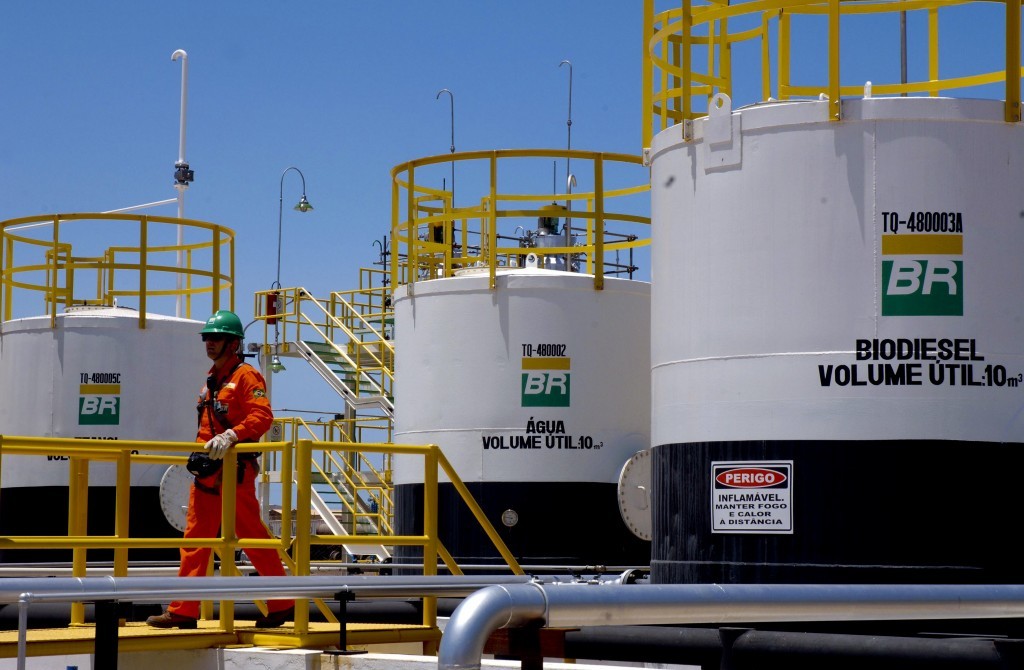
The Ibovespa fell the most among major global equity benchmarks after Petroleo Brasileiro SA missed earnings estimates because of a corruption scandal, reminding investors that Brazil’s politics still pose a risk to the country’s recovery from recession.
Petrobras, as the state-controlled oil giant is known, contributed the most to the index’s decline as crude prices also slumped. Lender Itau Unibanco Holding SA fell to a one-month low on concern that faster interest rate increases in the U.S. may force Brazil to slow the reduction of its own benchmark Selic, delaying the nation’s economic rebound.
Brazil is fighting its worst recession in a century as the fallout from a wide-reaching investigation into bribes and money laundering at state-owned companies including Petrobras and the impeachment trial of former president Dilma Rousseff reverberates through the economy. While Brazilian stocks have rallied 59 percent in dollar terms this year on optimism that a new administration will help restore growth, the costs of corruption still weigh on the nation’s biggest companies, and local media have reported that arrested lawmakers may denounce members of President Michel Temer cabinet.
“It seems that the investigation has still a long way to go, and that raises the anxiety in the Brazilian market in a moment when the country is struggling to get back on its feet,” Vitor Suzaki, an analyst at the brokerage Lerosa Investimentos, said from Sao Paulo.
The Ibovespa lost 3.3 percent to 59,183.51 in Sao Paulo, extending a weekly drop to 2.9 percent. Petrobras declined 6.5 percent, Itau fell 3.9 percent. BM&FBovespa SA, the operator of Brazil’s exchange, dropped 2.1 percent, the most since Sept. 30. Trading volume of stocks was more than 80 percent above the 30-day average.
Power utility Light SA fell 7.9 percent to the lowest since August after third-quarter losses were more than three times what analysts at brokerage Votorantim had estimated.
After contracting 3.8 percent in 2015, Brazil’s gross domestic product will shrink 3.3 percent this year, according to a central bank survey of analysts. Temer’s economic team is considering cutting its growth estimate for 2017 as Latin America’s largest economy struggles to rebound, according to a government official with direct knowledge of the discussion who asked not to be named because the information isn’t public. The administration currently forecasts gross domestic product will expand 1.6 percent next year.